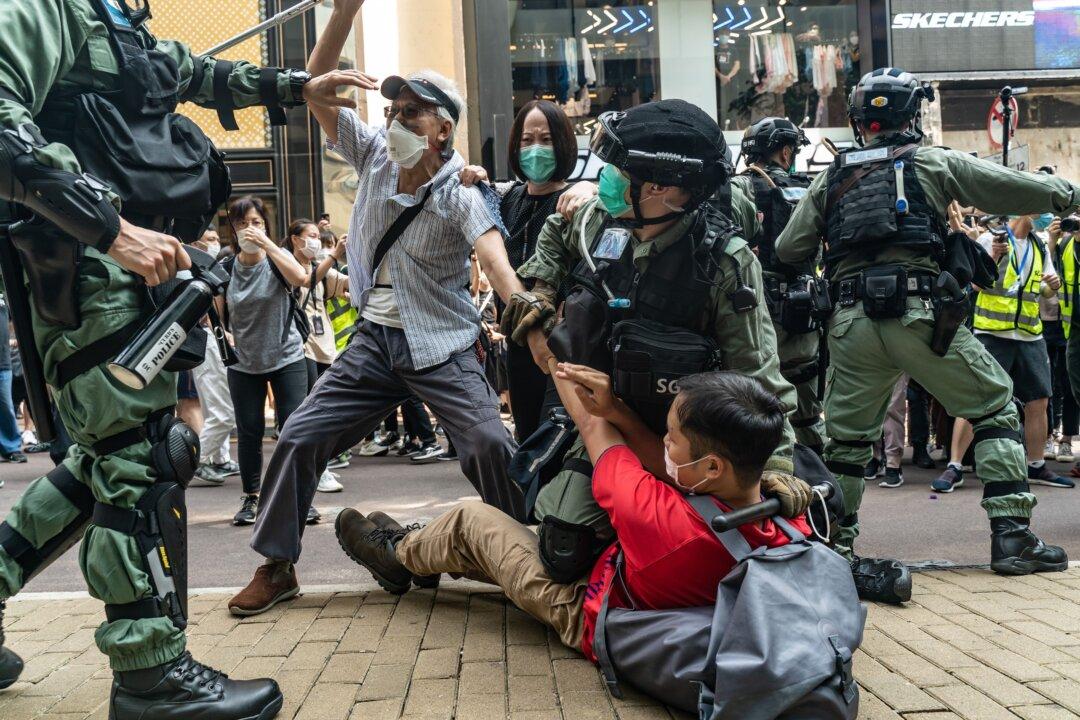The Chinese regime’s latest move to impose a national security law on Hong Kong will lead to the end of the city’s autonomy, say activists and experts. They warn that if Beijing is not stopped, it will only be emboldened to take stronger action to bring the city under its control.
Beijing’s announcement last week that it would pass a national security law for Hong Kong—bypassing the city’s own legislature—has attracted international condemnation and reignited mass protests in the city, with plans for more in the coming weeks.





